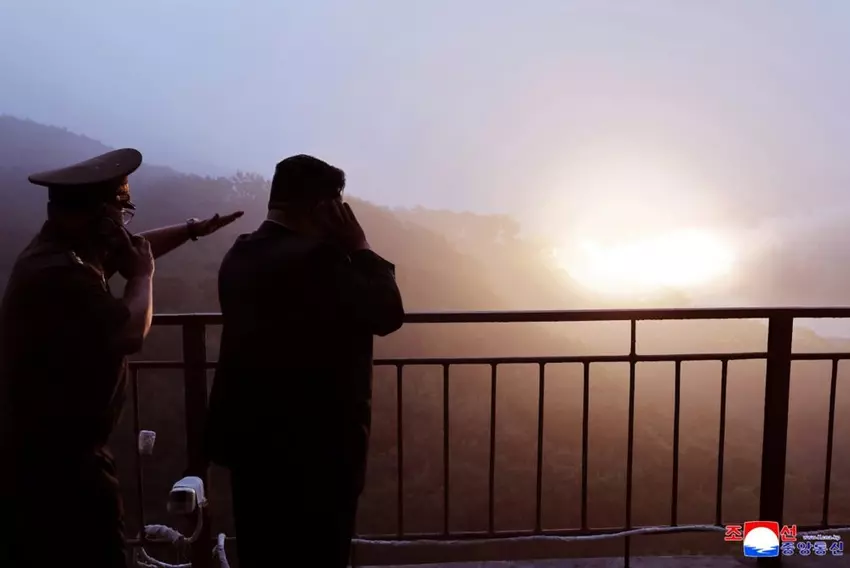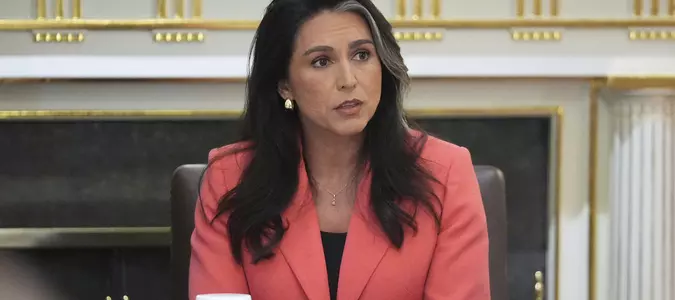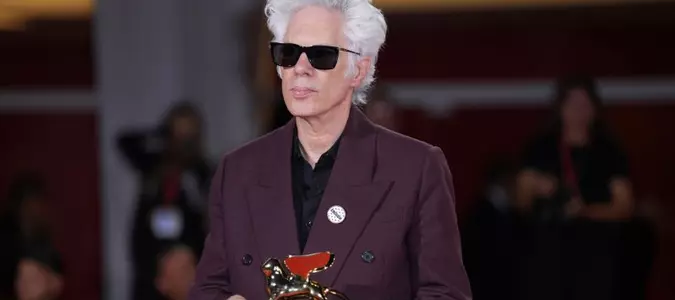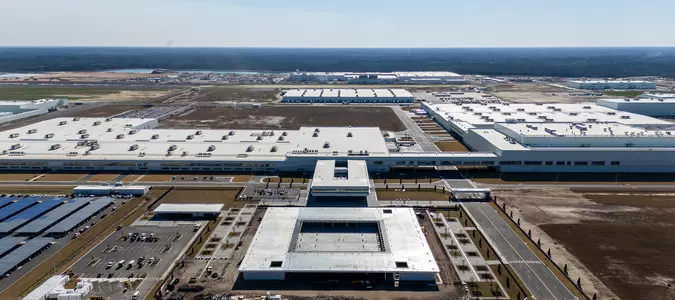

North Korea's Kim Jong Un oversees solid-fuel ICBM engine test
North Korean leader Kim Jong Un oversaw the final test of a powerful solid-fuel engine for intercontinental ballistic missiles, state media reported Tuesday.

SEOUL, Sept. 9 (UPI) -- North Korean leader Kim Jong Un oversaw the test of a solid-fuel engine for intercontinental ballistic missiles, calling it a "significant change" in Pyongyang's growing nuclear weapon capabilities, state media reported Tuesday.
Kim oversaw the ninth and final test of the high-thrust engine on Monday, state-run Korean Central News Agency said.
The development of the engine is a "success assuming the most strategic nature in the recent modernization of defense technology and heralds a significant change in expanding and strengthening the nuclear strategic forces of the DPRK," Kim was quoted as saying by KCNA.
The Democratic People's Republic of Korea is the official name of North Korea.
The rocket engine was made with composite carbon fiber materials and is capable of producing 1,971 kilonewtons of thrust, KCNA said.
The report comes a week after Kim visited the research institute that developed the engine, where he claimed it would be used for the next-generation Hwasong-20 ICBM.
Pyongyang's last ICBM test came on Oct. 31 when it launched the solid-fuel Hwasong-19, which flew for 86 minutes and reached an altitude of 4,776 miles -- both records for a North Korean missile. Kim said the missile demonstrated the North's "matchless strategic nuclear attack capability before the world."
Missiles using solid-fuel propellants have long been on Kim's wish list of weapons as they can be transported and launched more quickly than liquid-fuel models. North Korea has unveiled several long-range missiles that analysts believe are capable of reaching the continental United States.
The engine test follows Kim's visit to Beijing last week, where he stood shoulder to shoulder with Chinese President Xi Jinping and Russian President Vladimir Putin at a military parade.
The show of solidarity was seen by analysts as a diplomatic win for Kim in his efforts to cement North Korea's status as a de facto nuclear state.
The North passed a law declaring itself a nuclear-armed state in 2022. Kim called the decision "irreversible" and later amended the country's constitution to enshrine the permanent growth of Pyongyang's nuclear arsenal.
While U.S. President Donald Trump has suggested he would likely resume one-on-one nuclear negotiations with Kim, North Korea has repeatedly dismissed the notion of denuclearization talks.
Seoul's Joint Chiefs of Staff on Tuesday said that South Korea and the United States are closely monitoring the North's weapons development but did not provide specific information about the new carbon-fiber rocket engine.
"Once [the Hwasong-20 ICBM] is completed, they will conduct further tests, and that will require additional analysis," JCS spokesman Lee Sung-joon said at a press briefing.
















